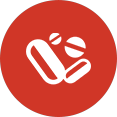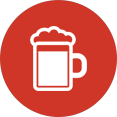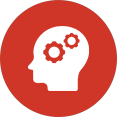Rapid Plans For Drug Rehab - Where To Go Midland Michigan
Updates On Uncomplicated Plans Of Drug Rehab Midland Michigan
Locating Effective Products For Drug Rehab in Midland MI
Previous Uncomplicated Drug Rehab Plans - Updated Next The Facts On Root Details For Drug Rehab
Updates On Drug Rehab Systems
Inpatient Drug and Alcohol Rehab in Genesee County MI | Covered by Insurance
Inpatient Drug and Alcohol Rehab in Bay County MI | Covered by Insurance
Inpatient Drug and Alcohol Rehab in Lapeer County MI | Covered by Insurance
Inpatient Drug and Alcohol Rehab in Saginaw County MI | Covered by Insurance
Inpatient Drug and Alcohol Rehab in Livingston County MI | Covered by Insurance
Inpatient Drug and Alcohol Rehab in Monroe County MI | Covered by Insurance



